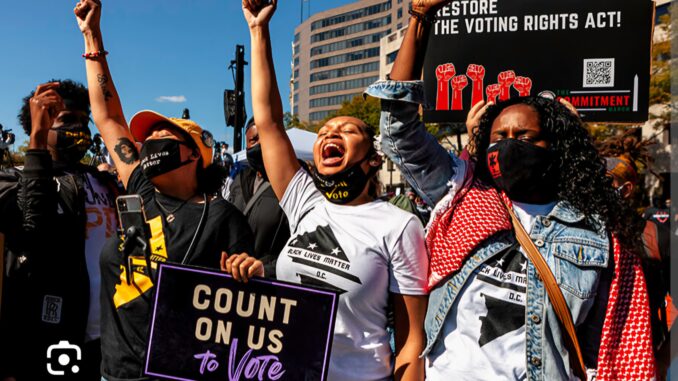
*The End of Hyperpolitics: A New Era for Sierra Leone and the World?*
*✍🏼 Lansana Kotor- Kamara Esq.*
For years, political discourse across the globe—including in Sierra Leone—has been dominated by what journalist Ross Barkan calls “hyperpolitics.” This era, characterized by intense polarization, performative outrage, and ideological battles fought as spectacles rather than policy debates, may now be coming to an end. In 2025, Barkan suggests, a quieter but still determined form of resistance is emerging—one that prioritizes governance over grandstanding.
If this shift is indeed happening, it could mark a turning point for Sierra Leone, a country where political divisions have often overshadowed the pressing need for sustainable development, economic growth, and institutional strengthening.
*The Exhaustion of Hyperpolitics*
The hyperpolitical era flourished in environments where social media and sensationalism turned every government decision into a national crisis, fueling division and often paralyzing progress. In Sierra Leone, political discourse has frequently been driven by party rivalries and an “us vs. them” mentality, making it difficult to focus on long-term policy solutions. Citizens, weary of political showdowns and empty rhetoric, are now seeking leadership that prioritizes results over spectacle.
As hyperpolitics fades, there is an opportunity for Sierra Leone to move toward a more pragmatic and solution-oriented approach—one where leaders engage in meaningful governance rather than performative political battles. This shift does not mean an end to political engagement but rather a recalibration toward more substantive, policy-driven debates.
Barkan suggests that while political resistance will continue, it may take on a different form—less focused on public outrage and more centered on coalition-building, institutional reforms, and grassroots advocacy. In Sierra Leone, this could mean a move away from hyperpartisan attacks and toward civic engagement that holds leaders accountable through structured dialogue, legal frameworks, and active participation in governance.
This shift could also foster a more stable political climate, where national progress is prioritized over party loyalty. The challenge will be ensuring that this quieter resistance remains effective, preventing complacency while still pushing for necessary reforms.
*A Global and Local Recalibration*
Sierra Leone is not alone in facing the consequences of hyperpolitics. Around the world, nations that have been deeply polarized are now seeking paths toward stability. In countries where populist rhetoric and extreme political posturing once dominated, there is growing fatigue and a renewed focus on practical governance.
For Sierra Leone, this moment presents an opportunity to strengthen democratic institutions, build trust in governance, and focus on national development rather than endless political battles. If leaders and citizens alike embrace this transition, it could pave the way for a more unified and forward-thinking nation.
*Conclusion*
If the era of hyperpolitics is truly ending, Sierra Leone must seize this opportunity to redefine its political landscape. *The future demands a shift from divisive rhetoric to meaningful action—one where patriotism is measured not by how loudly one criticizes the government and leaders or even opponents, but by how effectively one contributes to national progress.*
Sierra Leone’s path forward must be one of pragmatic governance, responsible civic engagement, and a commitment to nation-building above all else. *The question is: Are we ready to embrace this new era?*

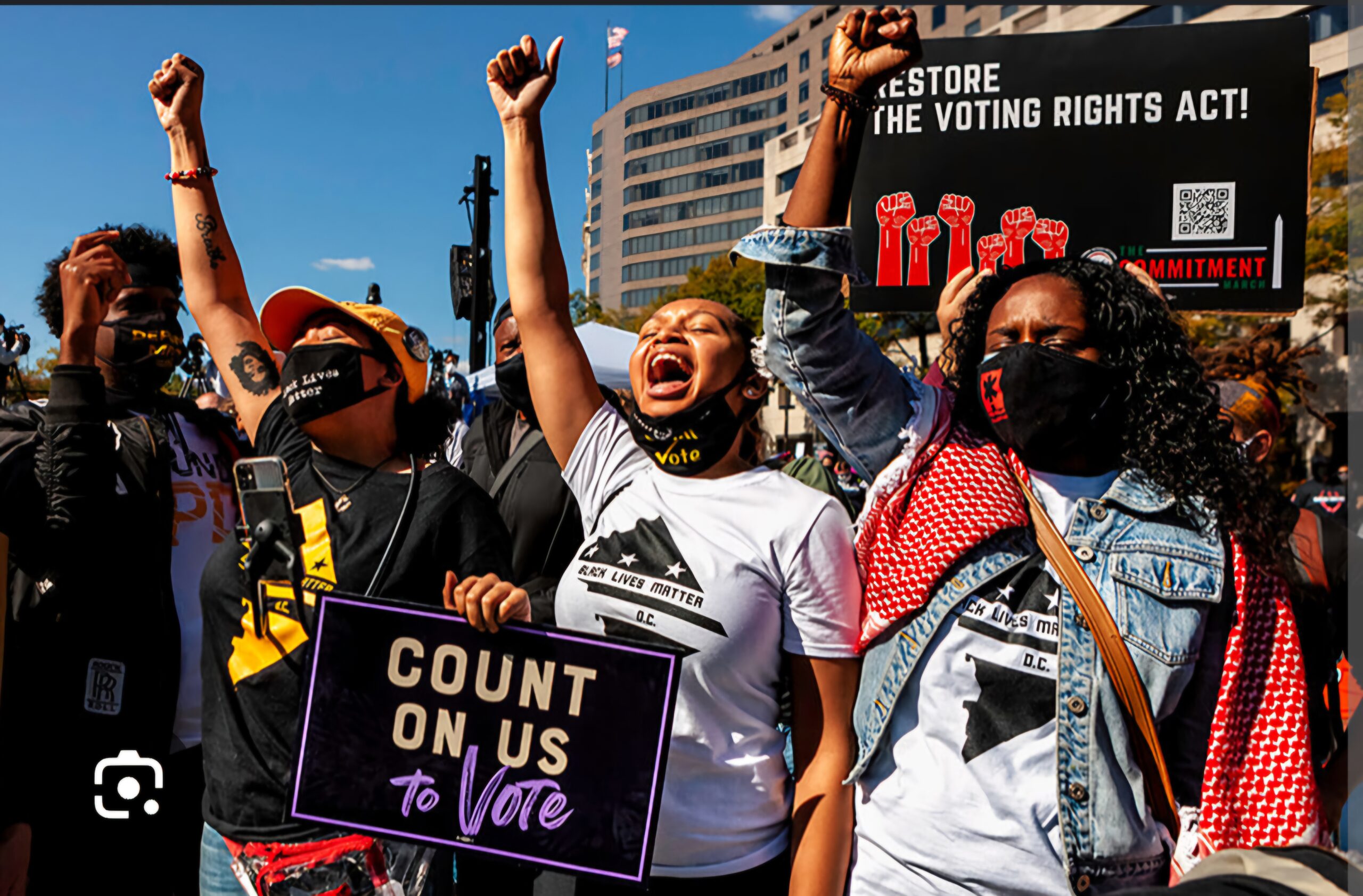
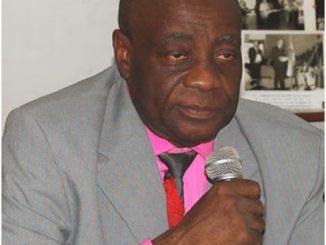
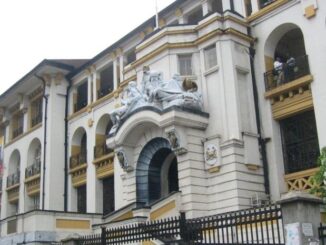
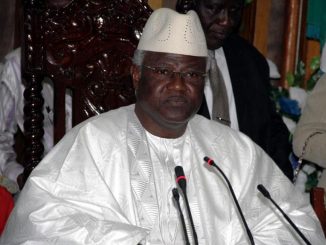
Leave a Reply